Niger
Niger is one of the poorest countries in the world. In 2023, 15 million people were living in extreme poverty. 9 out of 10 people in rural areas are living on less than $2.15 a day.
Most of Niger is desert and seriously affected by drought. Climate change is making these droughts more frequent and more severe. For the many Nigeriens rely on hand-to-mouth farming, this is devastating. Across the country there are often major food shortages.
In July 2023 a military coup took place in Niger. Sanctions and border closures plunged the country into economic crisis. Food and fuel costs increased rapidly and remain high today.
In 2022, 371 people were diagnosed with leprosy, including 23 children.
Achievements in Niger 2024

3 million people heard awareness-raising messages about leprosy

303 people across were diagnosed with leprosy

222 people received prosthetics and assistive devices
Healthcare
Healthcare provision in Niger is limited. There are few doctors, about one doctor for every 10,000 people. And seeking treatment is prohibitively expensive for people already living in poverty.
We work with The Leprosy Mission Niger and local disabled people’s organisations to improve access to leprosy services. We are training government health workers to diagnose and treat leprosy, and in disability prevention and management.
Through self-care groups, we support people affected by leprosy to look after their wounds and recognise the signs of the disease in others.
We also support Danja Hospital in Maradi, south-central Niger. This is the only hospital outside the capital, Niamey, that provides treatment for the complications of leprosy.
Improving quality of life
The Leprosy Mission Niger provides livelihood opportunities for people affected by leprosy and their families. We also support community savings groups so people affected by leprosy can sustainably meet their own needs.
Advocacy
We work with IDEA, an association of people affected by leprosy, to provide advocacy training. IDEA helps members to feel more empowered, and raises awareness about leprosy. It also builds partnerships with church leaders and disabled people’s organisations.